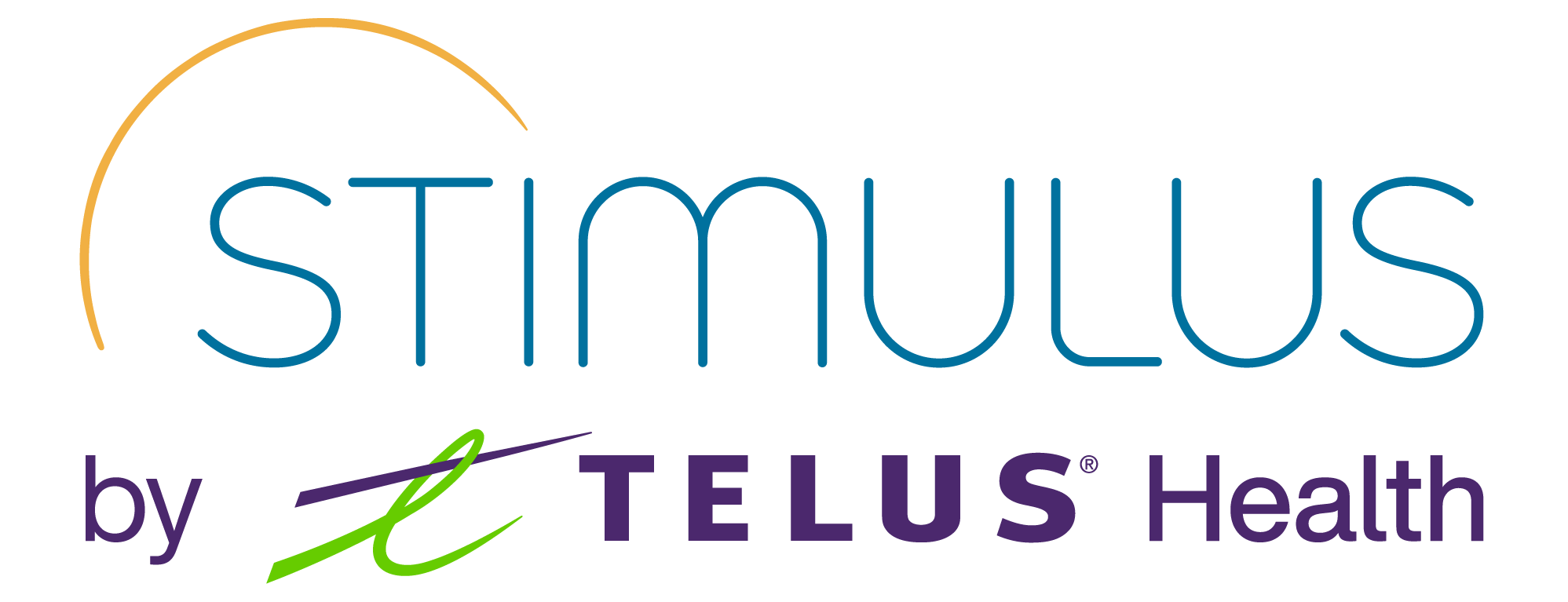When Workplace Conflicts Escalate
![AdobeStock_525242762 [Konvertiert] AdobeStock_525242762 [Konvertiert]](https://www.stimulus-consulting.de/wp-content/uploads/2025/04/adobestock-525242762-konvertiert.jpg)
Interpersonal conflicts are rarely pleasant. In the workplace, where we do not always have the luxury of choosing our colleagues, disagreements are inevitable. These conflicts may manifest in tense exchanges, avoidance, or venting frustrations to a trusted coworker.
Much like in family dynamics, such reactions are a natural part of human interaction. In most cases, a constructive discussion can help clarify the situation, enabling both parties to rebuild a cooperative and respectful working relationship.
However, there are instances where this is not the case, and the conflict intensifies or even escalates to the point where workplace bullying becomes a concern.
What is Workplace Bullying?
„Workplace bullying involves an individual being harassed, belittled, tormented, insulted, ostracized, or assigned degrading tasks by colleagues, supervisors, or subordinates, with the affected person being in a weaker position. For a situation to be classified as bullying, such behavior must occur frequently and repeatedly (e.g., at least once a week) over an extended period (at least six months). Isolated incidents do not constitute bullying, nor does a conflict between two individuals of roughly equal strength“ (Zapf, 1999).
The behavior must therefore be systematic, leaving the victim with little ability to defend themselves.
How Can External Counselling like Stimulus Assist with Workplace Conflicts?
It is not advisable to wait until a minor issue becomes a major problem. Stimulus offers a variety of support options, including:
- An external, neutral, or multi-perspective viewpoint
- Root cause analysis
- Clarification of personal viewpoints
- Step-by-step discussion of deadlocked situations
- Constructive expression of opinions
- Assistance in shifting perspectives
- Strategies for de-escalation
Of course, conflicts are not limited to the workplace – they can arise in all areas of life. Stimulus helps you organize your thoughts and emotions, gain a fresh perspective on entrenched situations, and regain a sense of agency.
